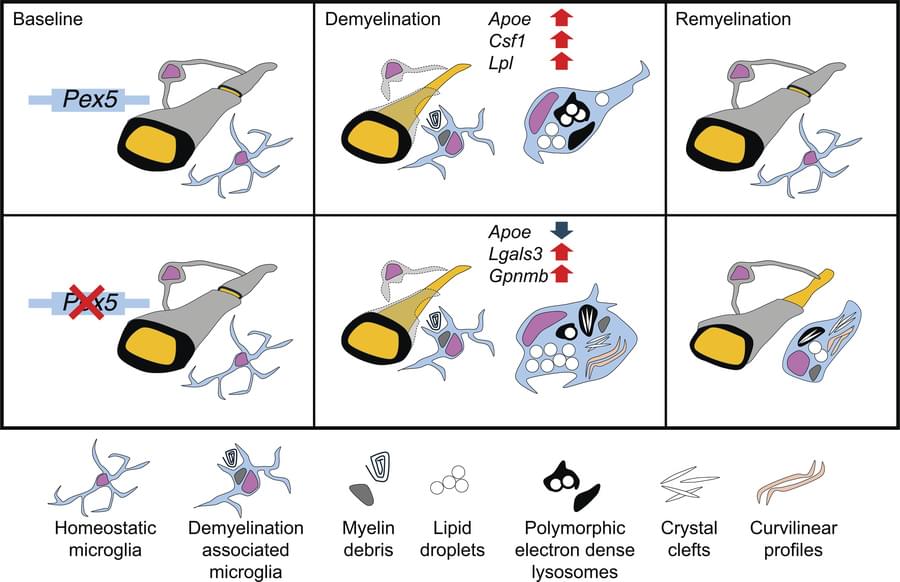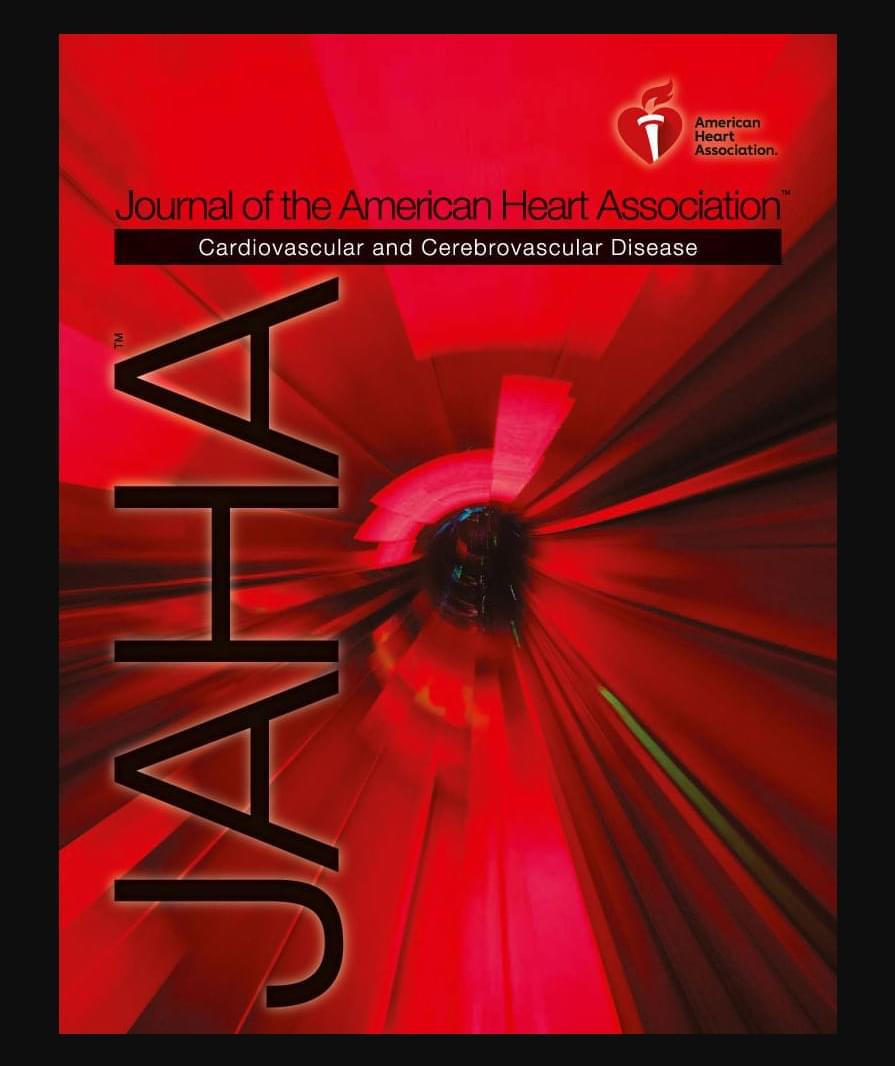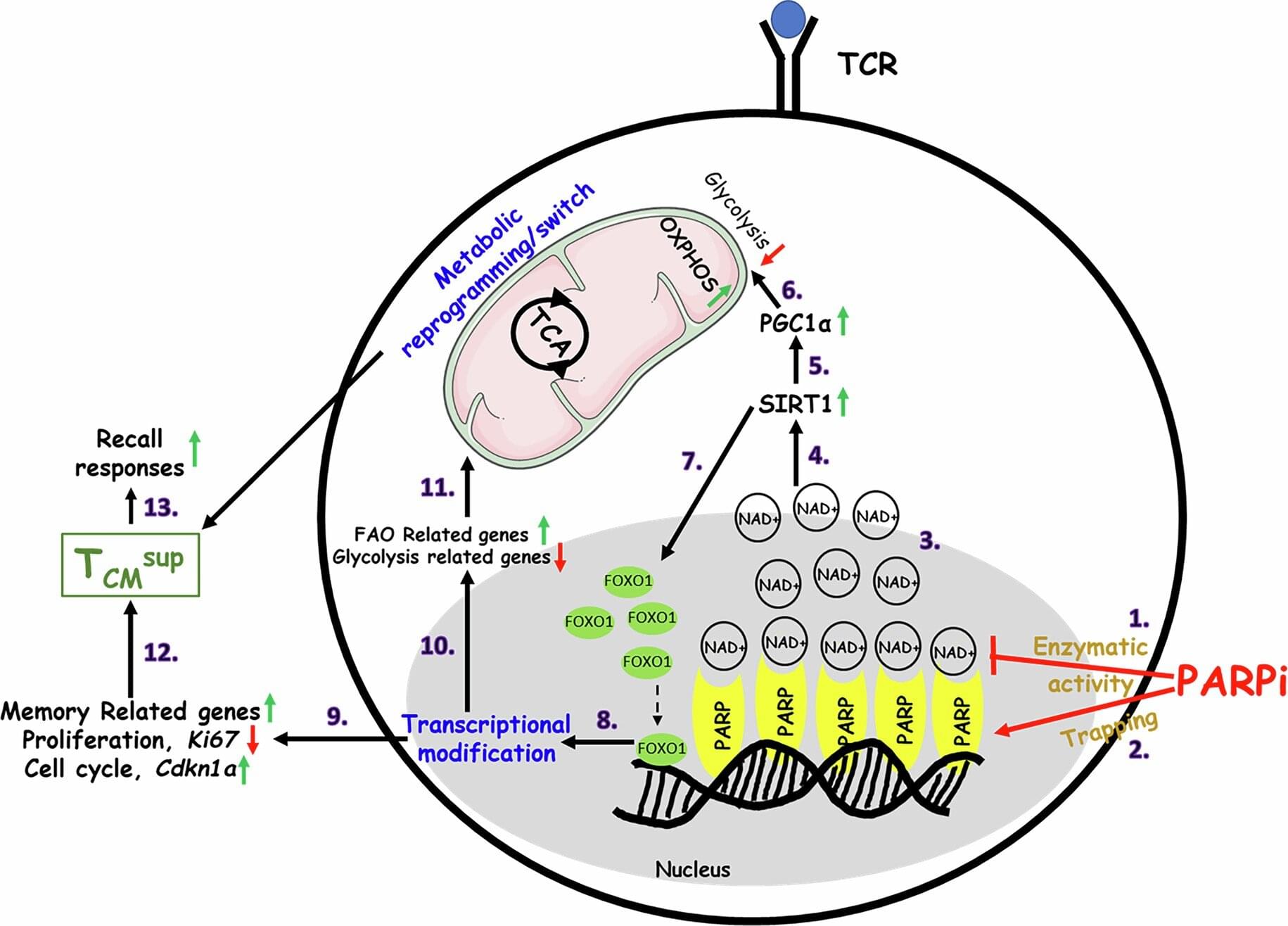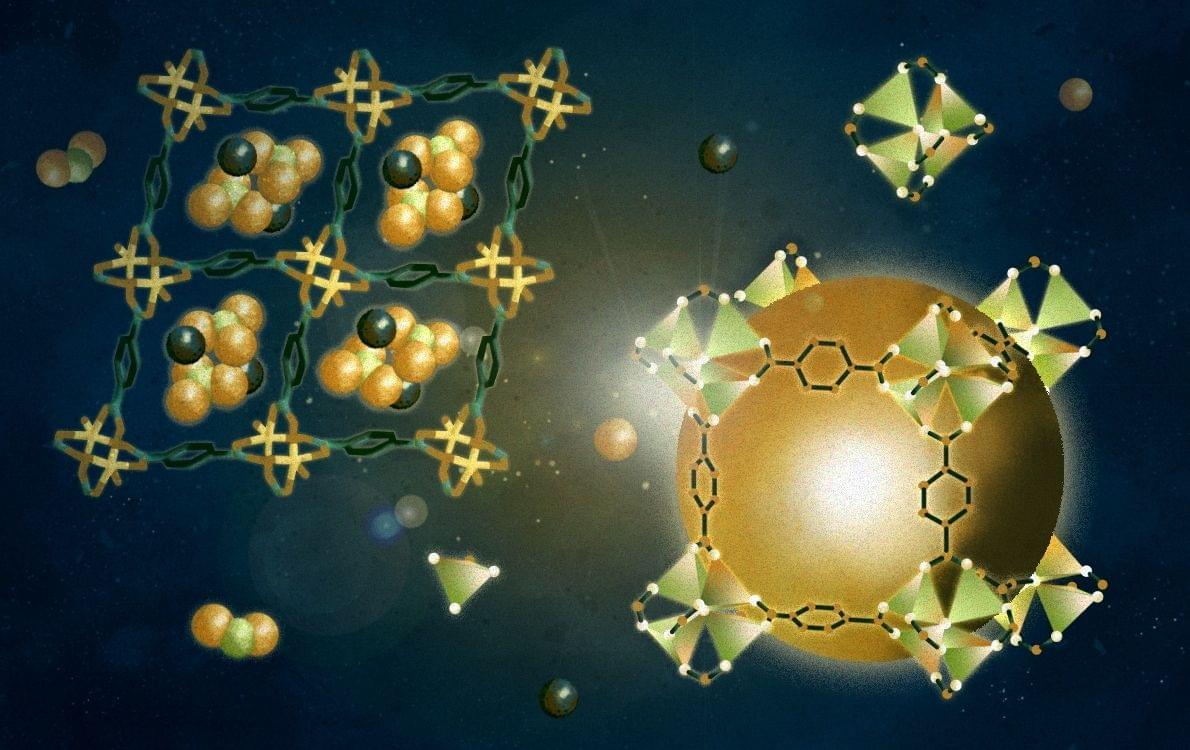The first generation of digital natives is arriving in higher education with major shortcomings in literacy rates.


As AI replaces traditional wage labor, individuals should prepare for an automated future by adapting their skills, investments, and lifestyle to focus on economic stability, personal growth, and self-directed living ## ## Questions to inspire discussion.
Capital Economy Participation.
A: Invest in dividend-producing ETFs for a hands-off approach to wealth building, as AI and robotics reduce labor demand and shift wealth distribution toward capital ownership rather than wages.
🏢 Q: What ownership structures should I explore beyond traditional employment?
A: Consider Employee Stock Ownership Plans (ESOPs) to become a part-owner of companies, but approach Decentralized Autonomous Organizations (DAOs) cautiously due to their high-risk nature despite offering ownership opportunities.
⚠️ Q: Should I rely on Bitcoin for income generation?
Here is the key idea of the video in a single sentence: Humanoid robots are rapidly advancing in design, capabilities, and functionality, but despite their impressive developments, they still face significant challenges and limitations that hinder their practical application and widespread adoption.
## Questions to inspire discussion.
Manis Glove Technology.
🖐️ Q: How does the Manis glove achieve accurate hand tracking? A: The glove tracks 25 degrees of freedom using inverse kinematics based on 6DOF per fingertip (position and orientation), enabling accurate motion capture even when fingertips are obscured.
🔌 Q: What hardware enables the Manis glove’s position tracking? A: The system uses transmitters at the base and receivers in fingertips to determine precise fingertip position relative to the transmitter, with simple calibration allowing different hand sizes as long as sensors stay in place.
📳 Q: How does the Manis glove provide haptic feedback? A: Haptic feedback at the PIP joints vibrates upon contact, enabling virtual world interaction and realistic surface contact simulation for teleoperation and clinical evaluations.

Proc. Natl. Acad. Sci. U.S.A. 122 (51) e2518999122, https://doi.org/10.1073/pnas.2518999122 (2025).
Copy.

Jian Hu & team use mouse models to show peroxisomes license myelin debris degradation in myeloid cells, which enables debris clearance and remyelination after myelin damage:
The figure shows TEM micrographs of phagocytes in which PEX5 loss (bottom panel) aggregates lipid droplets and crystal accumulation.
1Department of Cancer Biology, MD Anderson Cancer Center, Houston, Texas, USA.
2University of Texas MD Anderson Cancer Center UTHealth Graduate School of Biomedical Sciences, Houston, Texas, USA.
3University of Puerto Rico School of Medicine, San Juan, Puerto Rico.

Tubular biomarkers linked to sodium avidity in heart failure—may give insights into causes of diuretic resistance. @UCSDCardiology

Georgetown University’s Lombardi Comprehensive Cancer Center researchers have identified a new way to reprogram T cells, which are infection and tumor-fighting white blood cells, so that they have a superior memory, thereby making them more effective in killing cancer cells.
The finding, published January 12, 2026, in Nature Immunology, amplifies a known strategy of blocking the cellular activity of PARP, an enzyme that detects DNA abnormalities in cells and repairs them.
“This opens the door to a new area of research in understanding how our immune system works, and as importantly, it opens the way for the development of new strategies for the treatment of cancer,” says Samir N. Khleif, MD, director of The Center for Advanced Immunotherapy Research and the director of Loop Immuno-Oncology Research Laboratory at Georgetown’s Lombardi.

The devastating illness deteriorates your brain’s ability to think, remember things and can even alter your behaviour.
While some studies have discovered that engaging in a pretty gross habit or reaching a daily step count can reduce the risk of developing Alzheimer’s disease (AD), for over a century, scientists have considered it an irreversible illness. This is why research has focused on preventing or slowing its progression, rather than recovery.
However, a new study challenges this long-held belief by testing whether brains already severely afflicted with advanced AD could recover.

Building on the foundational Nobel Prize-winning work, researchers at Berkeley Lab and its DOE user facilities continue to push MOF technology to address major global challenges.
For example, at the ALS, a team led by Yaghi traced how MOFs absorb water and engineered new versions to harvest water from the air more efficiently – an important step in designing MOFs that could help ease water shortages in the future. Yaghi is launching this technology through the company Waha, Inc, and working with scientists from the Energy Technologies Area to apply water-absorbing MOFs for in-building technologies and industrial applications.
Another team, led by joint Berkeley Lab and UC Berkeley scientist Jeffrey Long, used the ALS to study how flexible MOFs hold natural gas, with potential to boost the driving range of an adsorbed-natural-gas car – an alternative to today’s vehicles. An international team of scientists used the ALS to study the performance of a MOF that traps toxic sulfur dioxide gas at record concentrations; sulfur dioxide is typically emitted by industrial facilities, power plants, and trains and ships, and is harmful to human health and the environment. Others have used the facility to design luminous MOFs, or LMOFs, glowing crystals that can capture mercury and lead to clean contaminated drinking water.